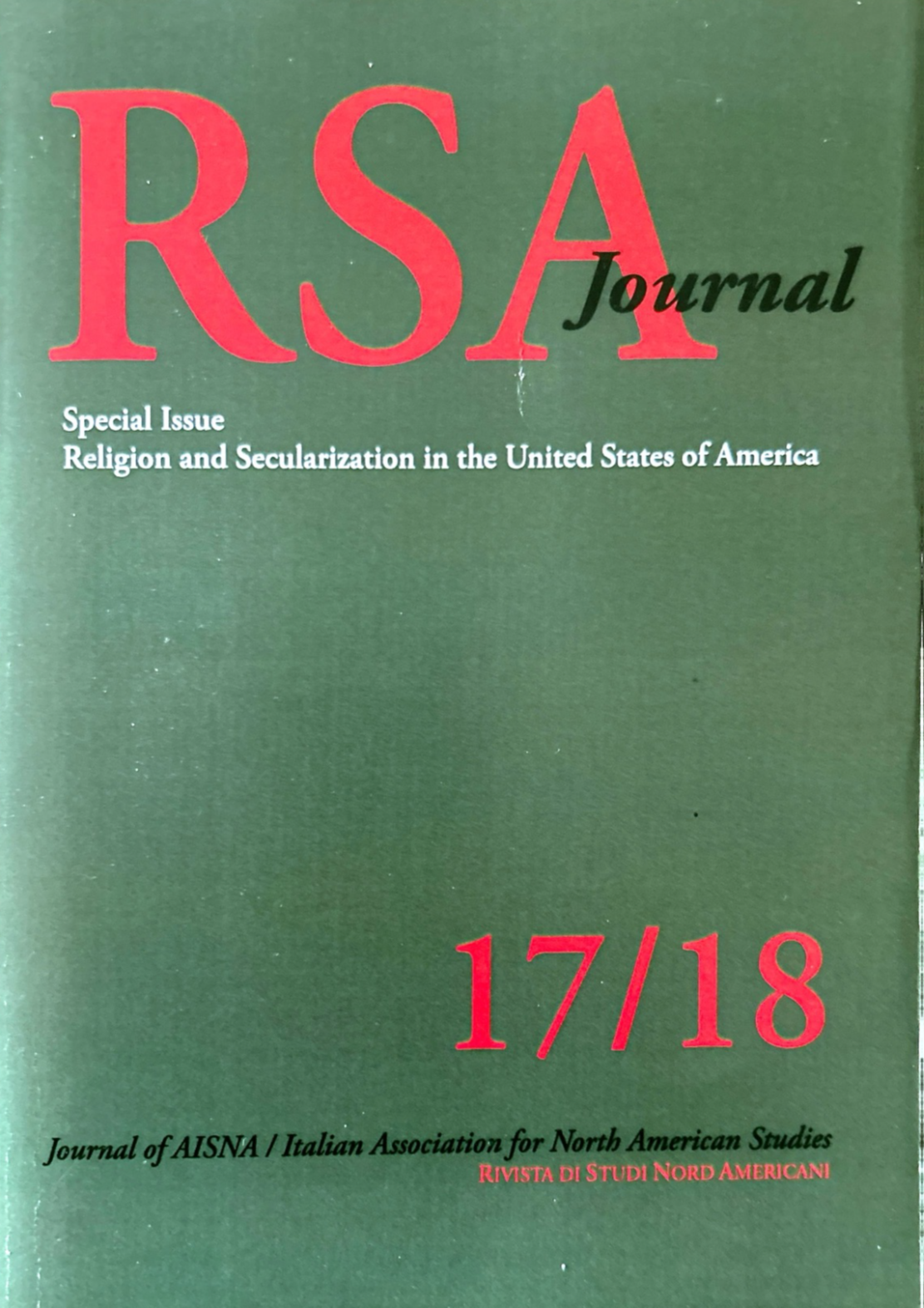A People “Almost Chosen” by God
Understanding Abraham Lincoln in Post-Secular Italy
DOI:
https://doi.org/10.13135/1592-4467/8788Keywords:
religion, faith, secularism, Lincoln, post-secularityAbstract
In order to understand the role of religion and secularism in the United States and their fall out in Europe and, namely, in Italy, it is necessary to reconsider United States history as part of the system of “Greater Europe,” extending to states of a European matrix arising in the Americas with the dissolution of colonial systems. The Christian right’s reaction to what it perceives today as a threat to the American universalism of providential origin from the radicalism of those who deny the equation between reason, universal moral values, the democracy founded upon them, and the United States, is actually part of a longer process.
The outburst of post-secularity on the American public scene is a historic phenomenon that, because of the specific configuration assumed by the relationship between politics and religion in the United States, it seems to be structurally far less worrying than it might be elsewhere, starting with Italy. The real, serious problem in the case of the United States is the fact that the come back of “the religious” has taken the form of political nationalism and of a closed, intransigent culture. In view of the country’s global political role and its significance as the laboratory of extreme modernity – or post-modernity if one prefers – this has consequences that are difficult to see as auspicious. From this perspective, the essay addresses the question of the peculiar way in which the relationship between faith and the public sphere developed in the United States.
Downloads
Published
Issue
Section
License
RSAJournal will apply a CC BY 4.0 license to all its contributions starting with issue 37 (2026). Previous issues are licensed under a CC BY-NC-ND licence.





